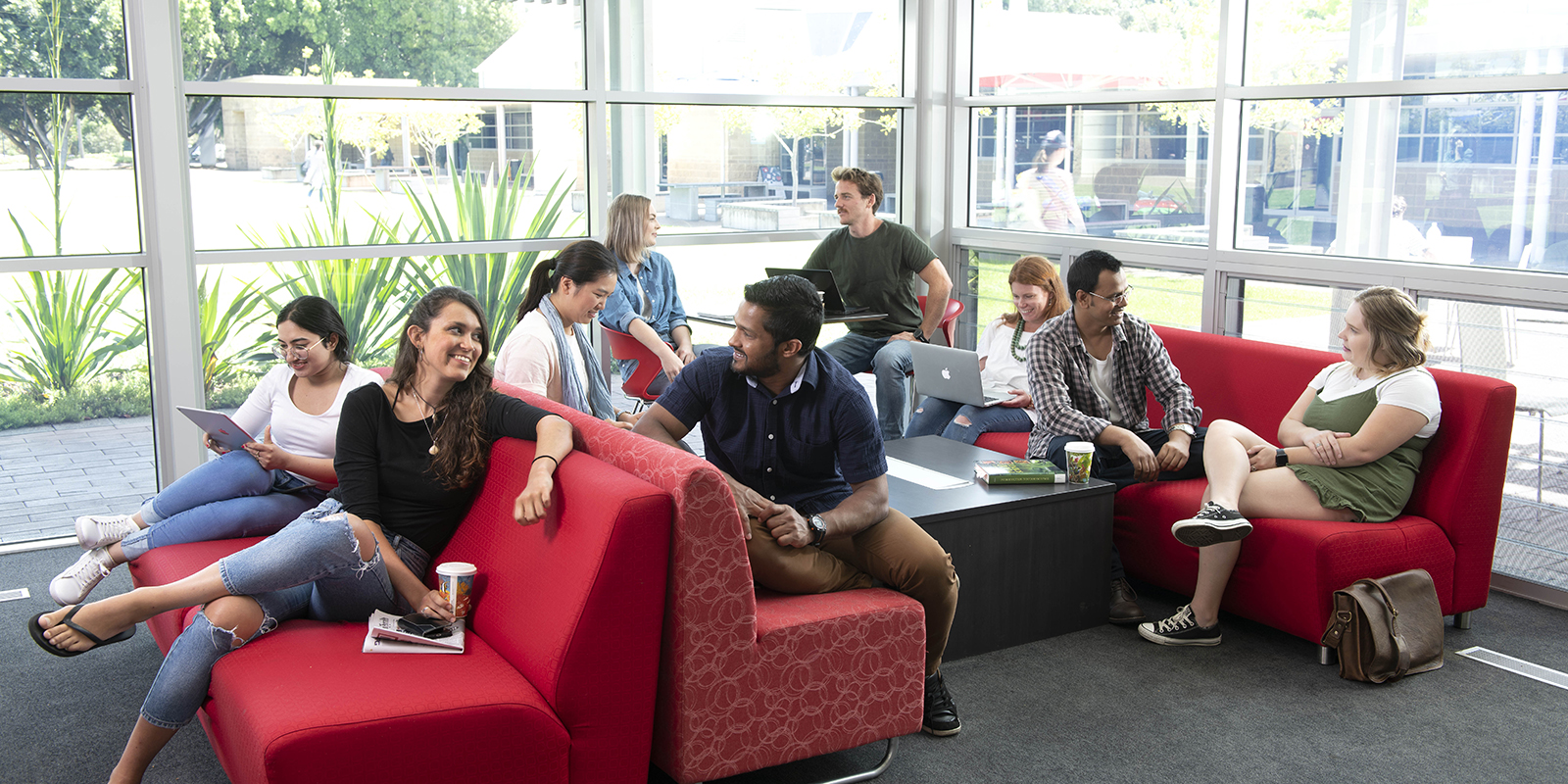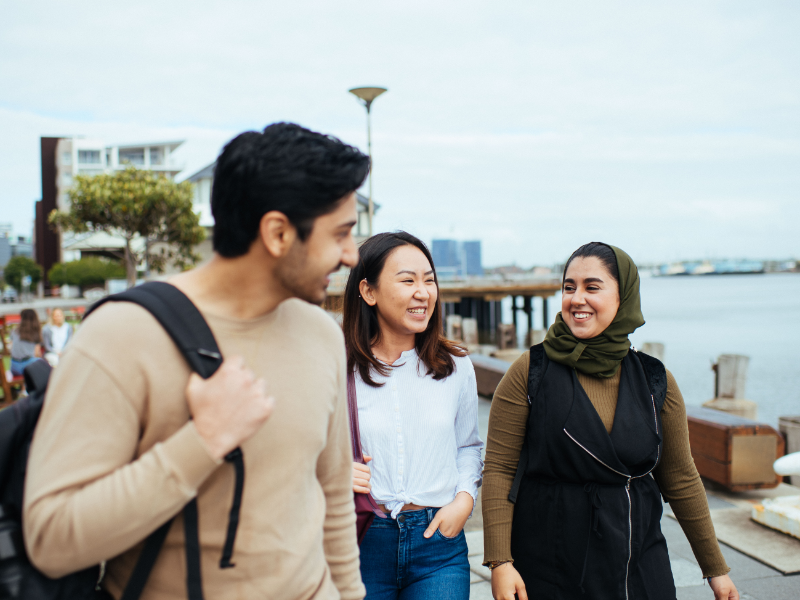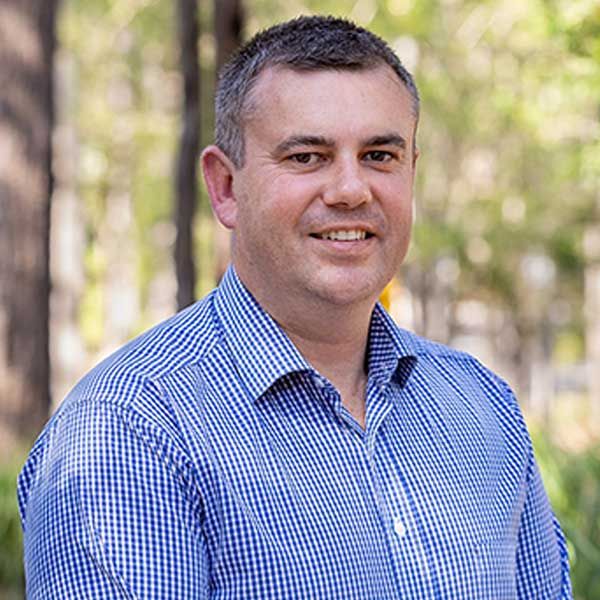
Everyone has the right to participate, engage and contribute.
Equity cohorts

In Australia, it is unlawful to discriminate on the basis of protected attributes, including age, disability, race, sex, intersex status, gender identity and sexual orientation in certain areas of public life, including education and employment. While specific categories of people are described in this strategy, many people have intersecting and fluid identities.
Aboriginal and Torres Strait Islander Peoples
Refers to Aboriginal and Torre Strait Islander peoples, who are the Indigenous peoples of Australia. They are not one group but rather comprise hundreds of groups that have distinct languages, histories, and cultural traditions.
People who are younger/older
People of a certain age may be deemed less deserving or capable or incapacitated and in need of protection by some; this misconception is referred to as ageism.
People who are neurodivergent
Refers to a variation of neurotypes that affects a person's social, educational, emotional, and sensory needs and includes Autism Spectrum Disorder, Attention-deficit/hyperactivity disorder, dyslexia, dysgraphia, and Tourette's Syndrome.
People who are culturally and linguistically diverse
Refers to communities with various languages, societal structures, traditions, nationalities, ethnic backgrounds, and religions. Many people with culturally and linguistically diverse backgrounds experience racism through prejudice, microaggressions, explicit exclusion and violence.
LGBTIQA+ communities
Refers to an acronym for lesbian, gay, bisexual, trans, intersex, queer, asexual and/or aromantic communities. The + in the LGBTIQA+ acronym represents other communities of people with diverse sexualities and genders, such as nonbinary and pansexual. There is worldwide ongoing stigma, discrimination, violence, and abuse of LGBTQA+ people.
People from low socio-economic backgrounds
Refers to the social and economic circumstances of a person, inclusive of income, wealth, education and employment and social support.
People who experience gender-based discrimination
Refers to people who have historically faced systemic and social barriers to education and financial independence and are at a greater risk of gendered and/or domestic-based violence.
People living with disability
Refers to people who have long-term physical, mental health, intellectual, or sensory impairments.
People with chronic illness
Refers to an enduring condition with persistent effects, which can have social and economic consequences and negatively influence a person’s quality of life. Many people with chronic conditions do not have a single condition but rather multiple chronic conditions concurrently.
People with mental illness
Also called mental health disorders, refers to an array of mental health conditions that can affect thinking, behaviour, mood, and includes depression, anxiety disorders, eating disorders and dissociative identity disorder.
People living in remote locations
Refers to people who experience disadvantage due to distance.
